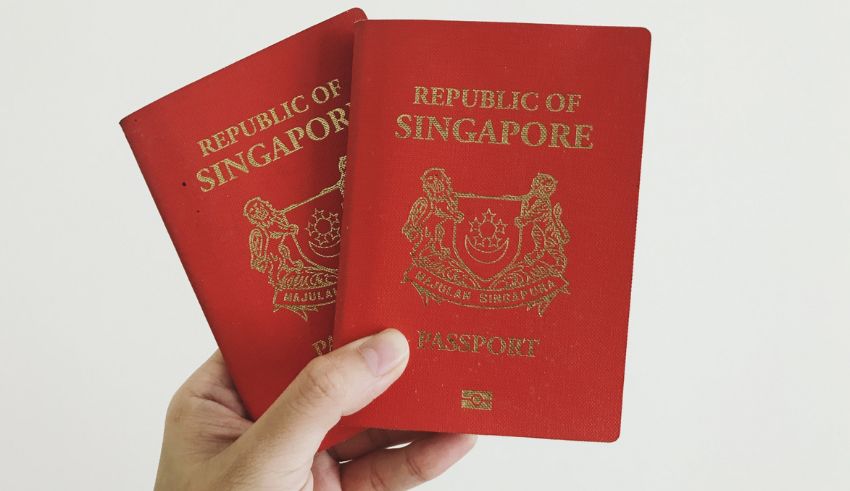
In a rapidly evolving criminal landscape, Chinese criminals have found a new tool to facilitate their illicit activities and avoid the clutches of law enforcement: foreign passports.
These passports, often obtained through so-called “citizenship for sale” programs in countries like Cambodia, Cyprus, and Vanuatu, are enabling criminals to cross borders, rebrand themselves, and continue their illegal enterprises, even as authorities step up their efforts to combat transnational crime.
An ongoing Crime Trend in Singapore
The spotlight on this alarming trend intensified following Singapore’s dramatic August 15 seizure of $1.3 billion in assets and the arrest of 10 Chinese suspects, all holding multiple foreign nationalities, in a massive money-laundering investigation.
This unprecedented case has not only implicated major banks but also raised questions about the flow of illicit funds within Singapore’s financial system, forcing regulators to grapple with the complexities of tracking money laundering, nominee companies, and criminal affiliations.
The revelation of these cases underscores how obtaining foreign citizenship can be a lifeline for criminals, especially those from China, looking to evade capture, reestablish their identities, and return to their illegal activities under a new alias.
Seven of the individuals arrested in Singapore possessed foreign passports: two from Cyprus, three from Cambodia, one from Turkey, and one from Vanuatu. Alongside the confiscated Rolex watches, jewelry, and luxury cars, police also discovered additional travel documents believed to have been issued by countries like Dominica and Saint Kitts and Nevis.
The ease of acquiring foreign citizenship and passports has enabled individuals to seamlessly move within and outside the ASEAN region, escaping law enforcement’s scrutiny. Many of these individuals use different names and birthdates, making it challenging for border checks to flag their original identities. Moreover, these passports assist in the establishment of corporate entities and obscure ownership, further complicating investigations.
Keep Reading
What are the authorities doing about it?
Jeremy Douglas, the Regional Representative for Southeast Asia and the Pacific at the United Nations Office on Drugs and Crime (UNODC), commented on this concerning trend: “Easy access to citizenship and passports has allowed individuals to move and migrate, particularly in the ASEAN region. It is noticeable many are using different names, some a different date of birth, which can help clear border checks where original names may be flagged … and it helps with corporate registrations and obfuscating ownership.”
As authorities grapple with this emerging challenge, the use of foreign passports by Chinese criminals highlights the urgent need for international cooperation and stricter regulations governing citizenship and immigration procedures.
The criminal underworld’s exploitation of legal pathways to escape justice calls for a concerted effort to close these loopholes and ensure that citizenship programs do not become unwitting enablers of criminal activities.























